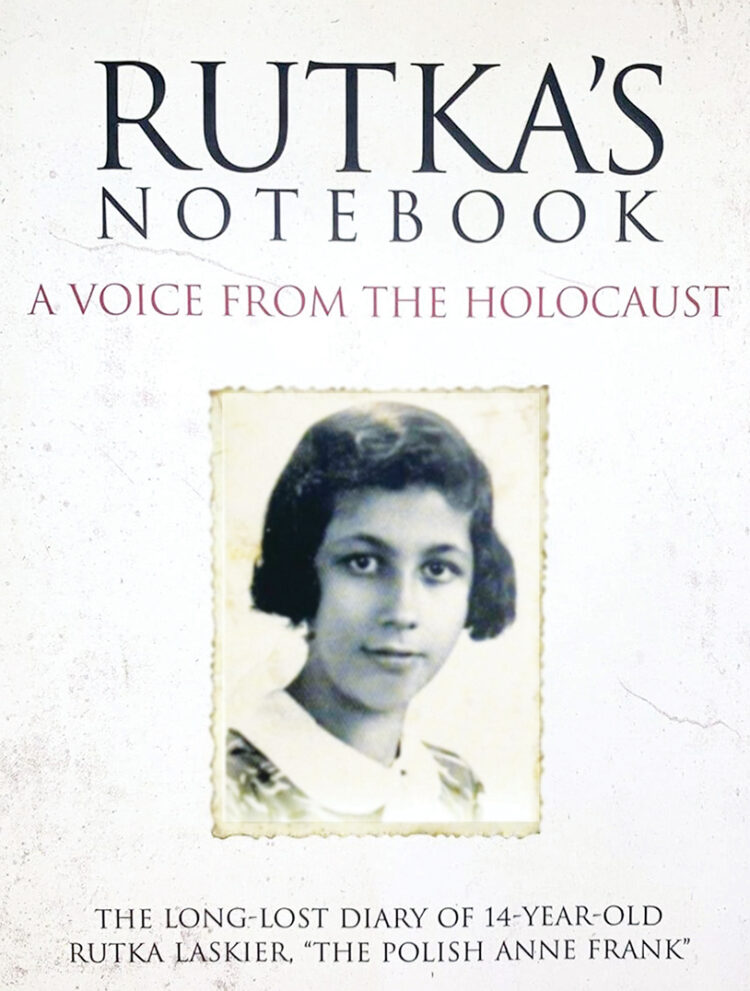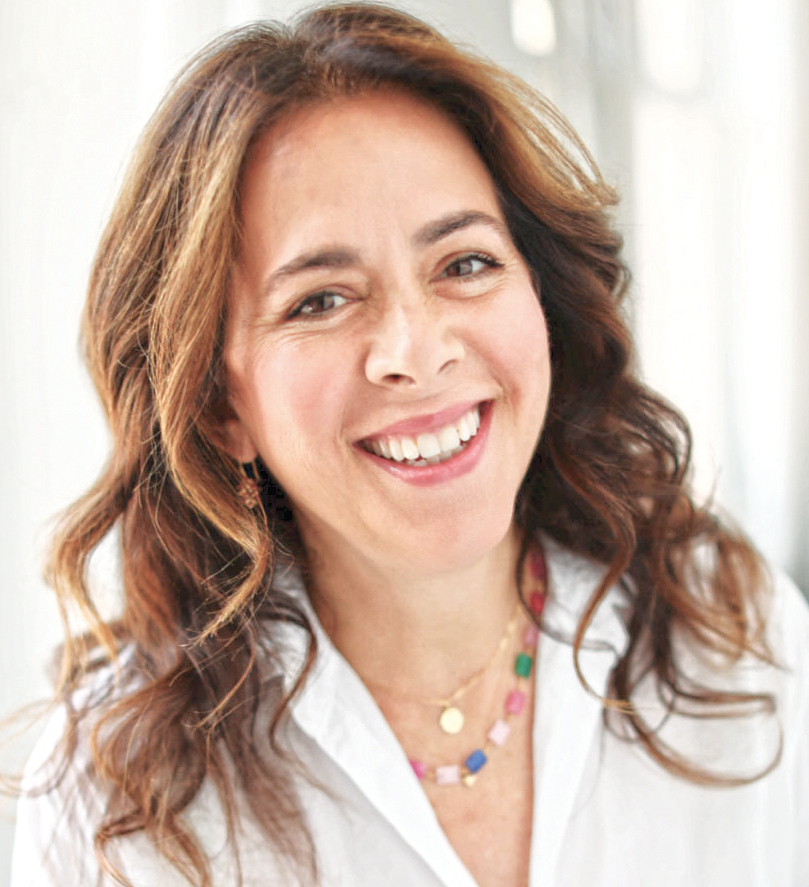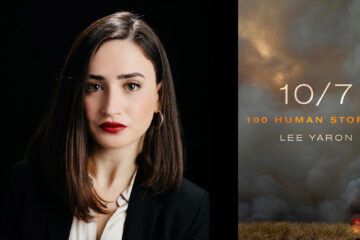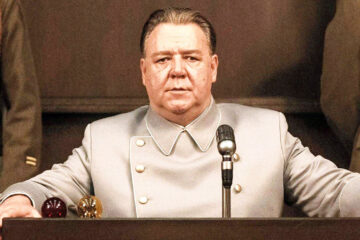14-year-old Shoah victim’s diary inspires world premiere musical at Cincy Playhouse

By Marshall Weiss, The Dayton Jewish Observer
In 2006, Yad Vashem published a diary in which 14-year-old Rutka Laskier, a Polish Jew, wrote about her life for four months in 1943, until her deportation and murder in Auschwitz. A non-Jewish friend of Rutka had safeguarded the diary for six decades.
“The outside world slowly closed down on her, but these few sheets of paper – some 60 handwritten pages in a notebook – reflect the entire universe of an adolescent Jewish girl in the shadow of death,” Thomas Vinciguerra wrote of the diary in The New York Times after its publication in English.
Rutka’s Notebook is the source material for Rutka: A New Musical, which will have its world premiere production at Cincinnati Playhouse in the Park, Oct. 13 to Nov. 10.
Music and lyrics are by indie-rockers Jocelyn Mackenzie and Jeremy Lloyd-Styles, previously with the Brooklyn-based band Pearl and the Beard. Rutka is directed by Wendy C. Goldberg, former artistic director of the National Playwrights Conference at the Eugene O’Neill Theater Center, who has served as jury chair of the Pulitzer Prize for Drama.
Joining the team most recently is playwright Neena Beber, who wrote the musical’s book. One of Beber’s recent projects was as a writer/executive producer with The Marvelous Mrs. Maisel.
The musical’s producers, Amy Langer and David B. Schwartz — the team that conceived of the show — brought Beber to the project on director Goldberg’s recommendation.

“I worked a couple of times with Wendy at the O’Neill Center, workshopping some new plays,” Beber tells The Observer from New York. “I became close to one of the Mrs. Maisel actors, Marin Hinkle, who played the mom, and so Marin and I are working on a play that she’s the lead in and Wendy directed that at the O’Neill, and so Wendy’s the one who asked me to come on board. I am a Jewish writer and celebrate that identity. I’ve also written young adult stuff.”
When people think of Holocaust diaries, the first that comes to mind is usually Anne Frank’s. But in Beber’s research, she saw that everyone kept diaries generations ago.
“There are many, many diaries of young people who perished in the Holocaust, ” she says. “Diaries that survived are at Yad Vashem.”
Another difference: “Anne Frank was hiding in an attic. Rutka was out in the world with her friends.”
Why indie rock for the score? “Another Amy and David choice,” Beber says.
“They had the music first, which is, I think, unusual for a musical. They thought it was very important to get the sound right. As you can imagine, just singing about the Holocaust, it has to be exactly right. And it’s delicate.
“The music is the emotions they are going through. So we want that to feel contemporary, to make people feel those feelings now, to make it feel vibrant and alive, just as Rutka’s voice completely does shine, as a very young, youthful, alive voice.”
Beber says the producers secured the rights to create the musical from Rutka’s sister, Zahava Scherz in Tel Aviv. Neither sister knew the other in life.
“Her sister, Zahava, I’ve spoken to Zahava multiple times,” Beber says. “Rutka’s father, like Anne Frank’s, was the only one to survive. He met someone in a refugee camp, moved to Palestine, and had another family: one daughter.”
When Zahava was 14, she looked through a photo album and asked, “Who is this? The girl looks like me.”
Beber says that’s when Zahava learned she had a sister and brother who were murdered in the Holocaust.
Zahava plans to attend the opening of Rutka at Cincinnati Playhouse.
“She continues on the journey to get Rutka’s story known,” Beber says. “The Holocaust, because it’s just so unfathomable and because we still do grapple with hate, it’s a story that needs to be told. Especially in a world where we do see these swastikas marching.”





